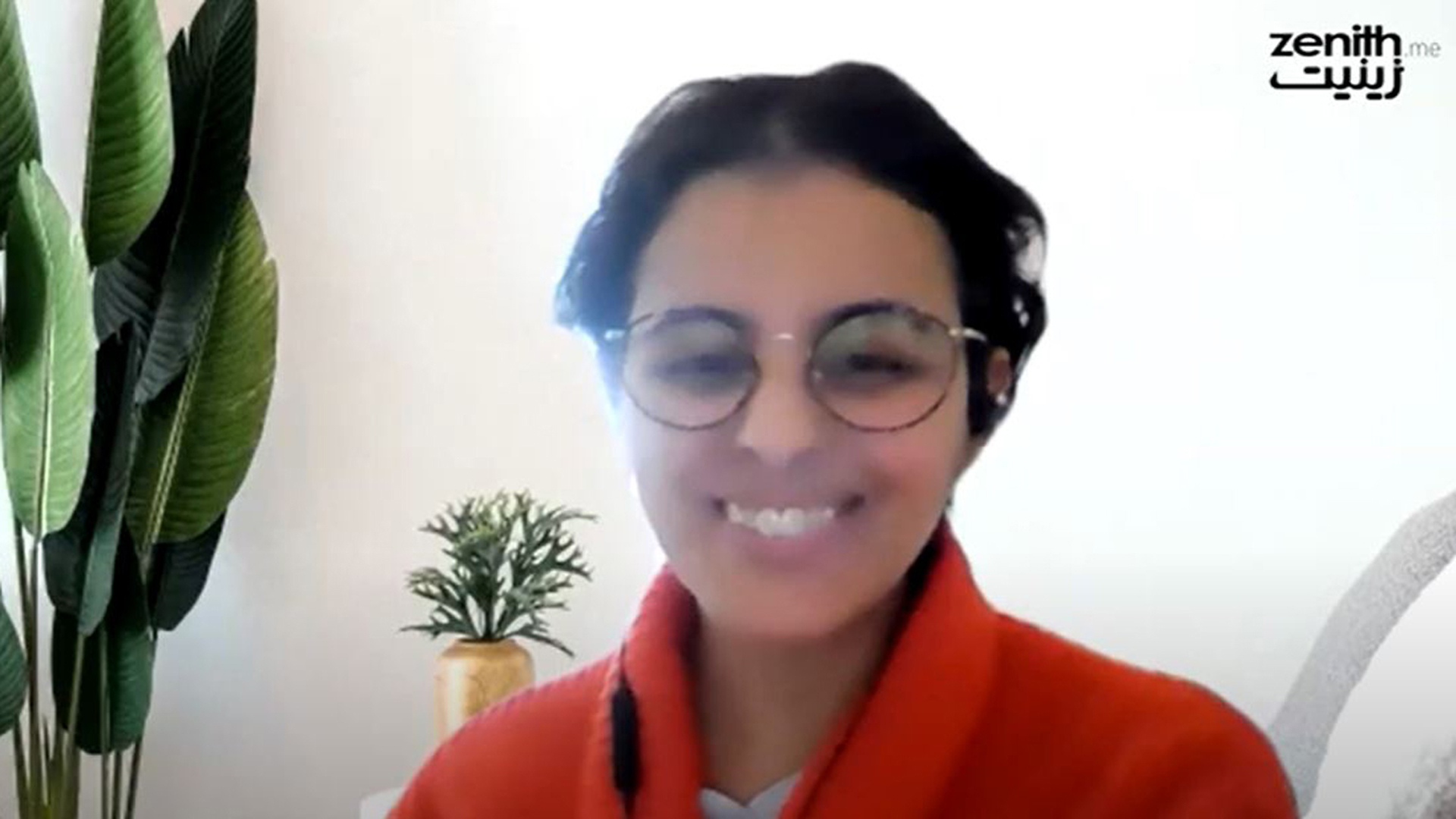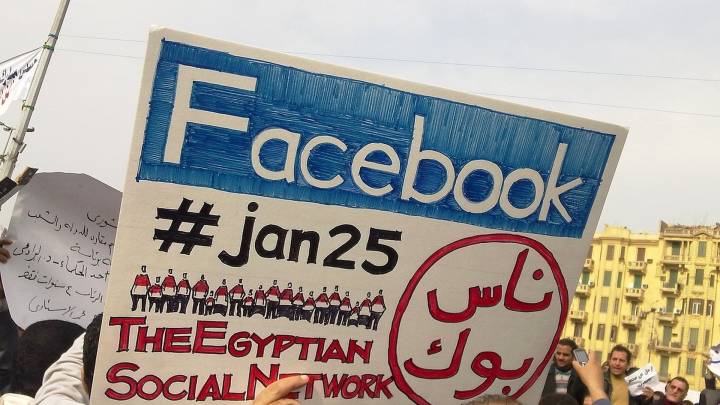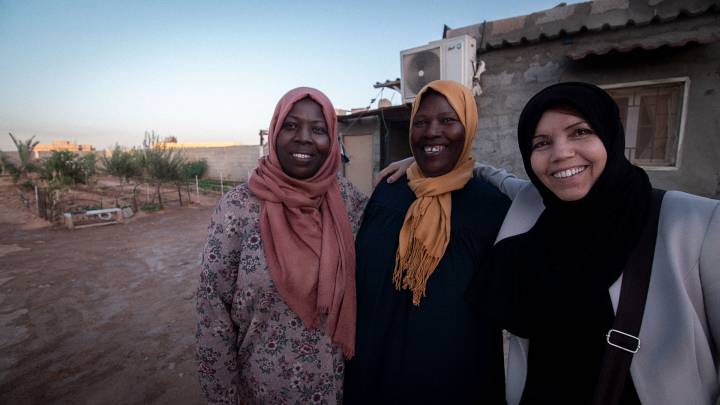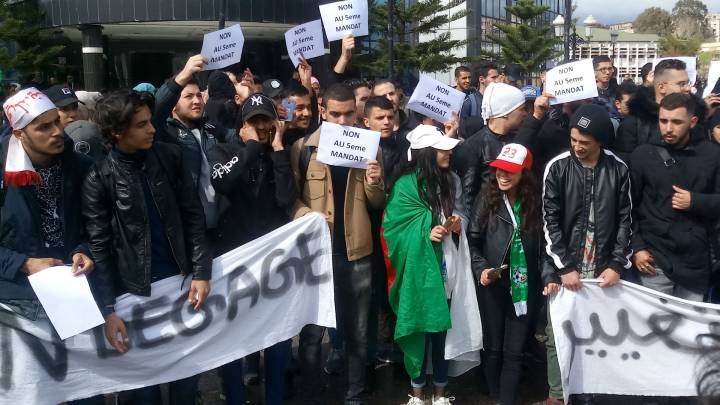How did Libya’s society change during the last ten years? What are the prospects of a political consensus to stop the war? How do regional conflict and local dynamics in different parts of the country align?
Which diplomatic initiatives are most promising and why? And how do Libyans imagine the future of their state and their society? We discussed these and more questions with:
Hala Bugaighis
a researcher, business law expert with more than 15 years of experience in corporate law and international commercial agreements. In 2015 she co-founded Jusoor Centre for Studies and Development, the first Libyan think tank focused on women and development issues. She is a frequent speaker in local and international conferences on issues related to economic development, gender and youth empowerment.
Asma Khalifa
a Libyan activist and researcher who has worked on human rights, women's rights and youth empowerment since 2011. In 2015 she co-founded Tamazight Women Movement, a think/do tank that aims to research and advocate on women's rights issues in Libya and North Africa. Currently she is doing her PhD at the German Institute for Global Area Studies, researching the impact of civil war on inter-gender relations.
Inga Kristina Trauthig
a PhD candidate at the War Studies Department and Research Fellow at the International Centre for the Study of Radicalisation (ICSR) at King’s College London. She has conducted work with UN-organisations, NGOs and private companies that addressed root causes of civil strife. Inga holds an MLitt in Middle East, Caucasus and Central Asian Security Studies from the University of St Andrews.




